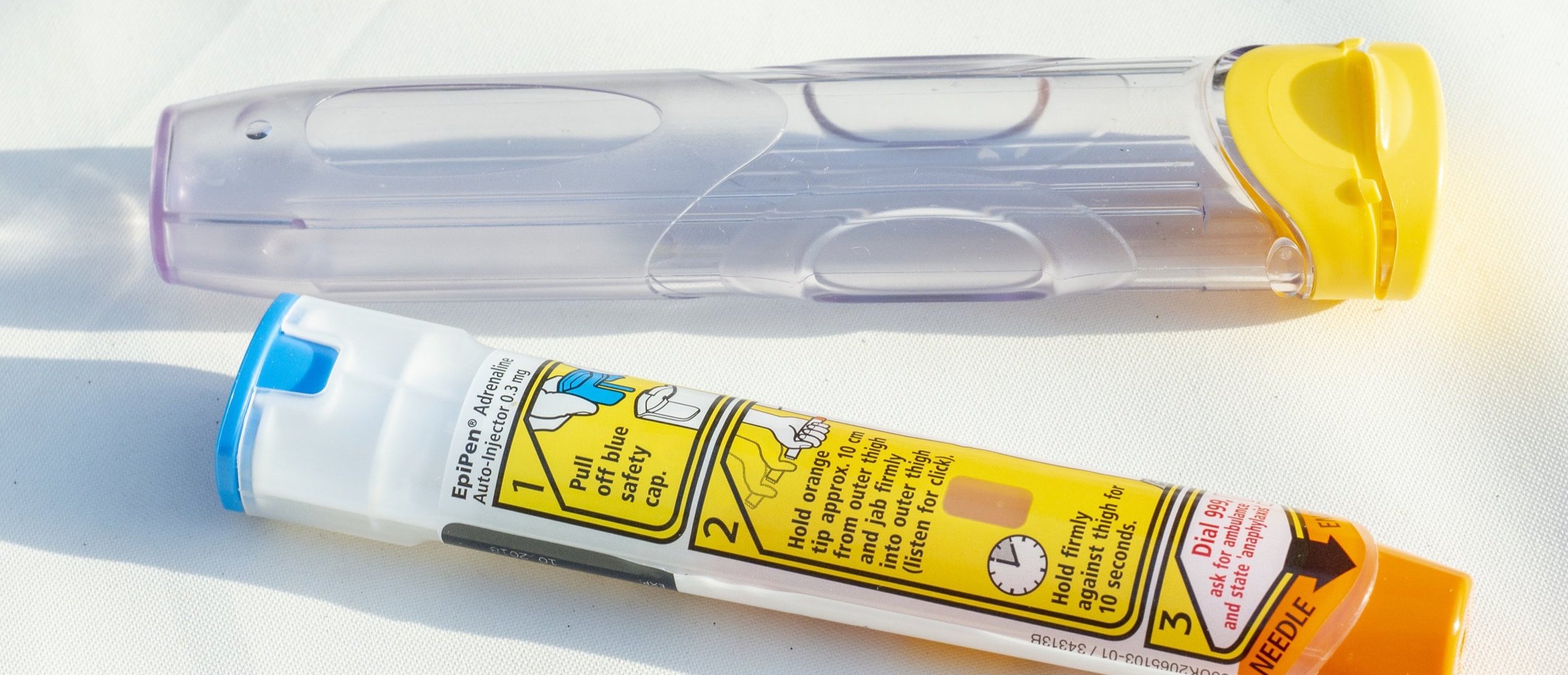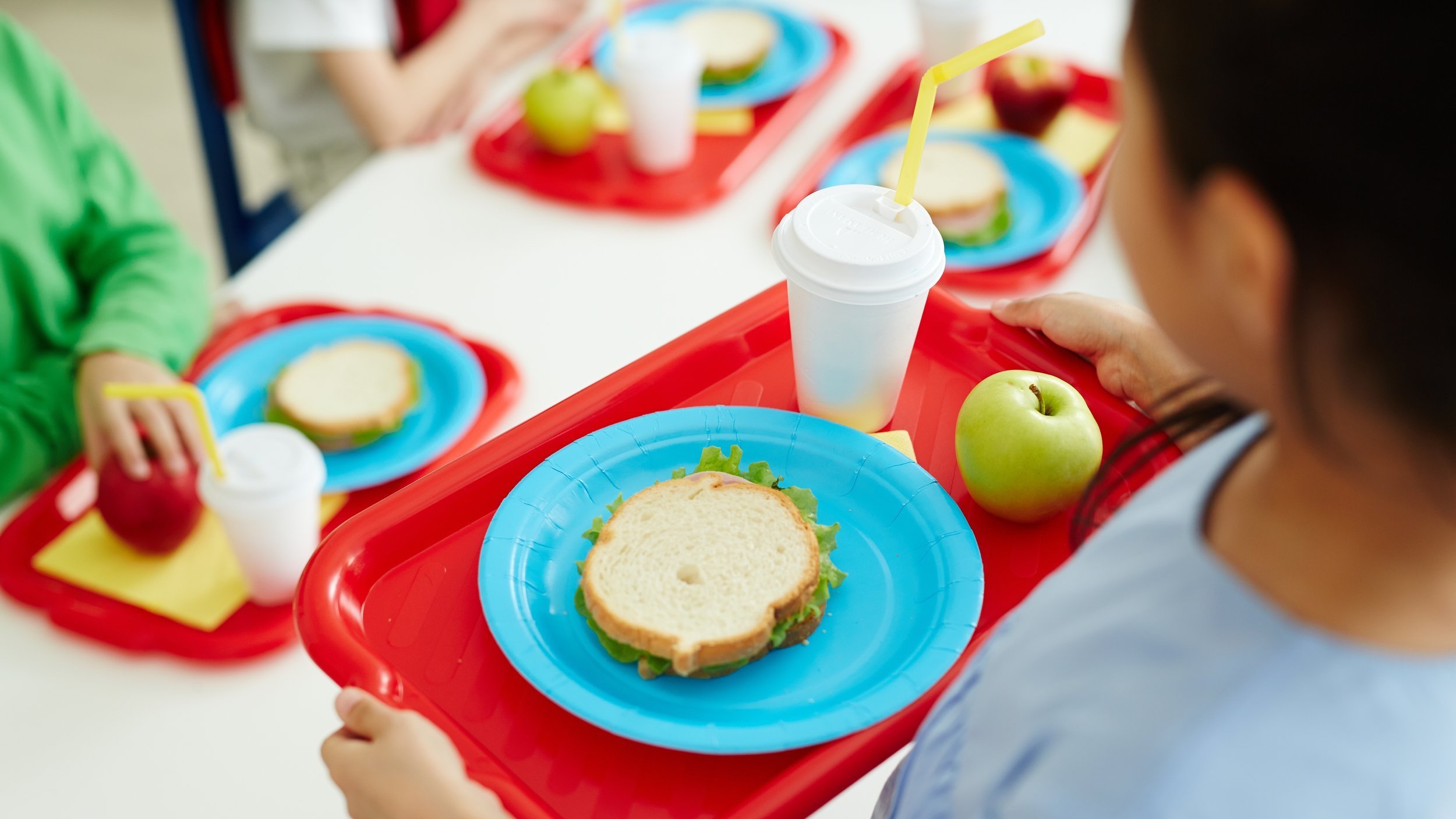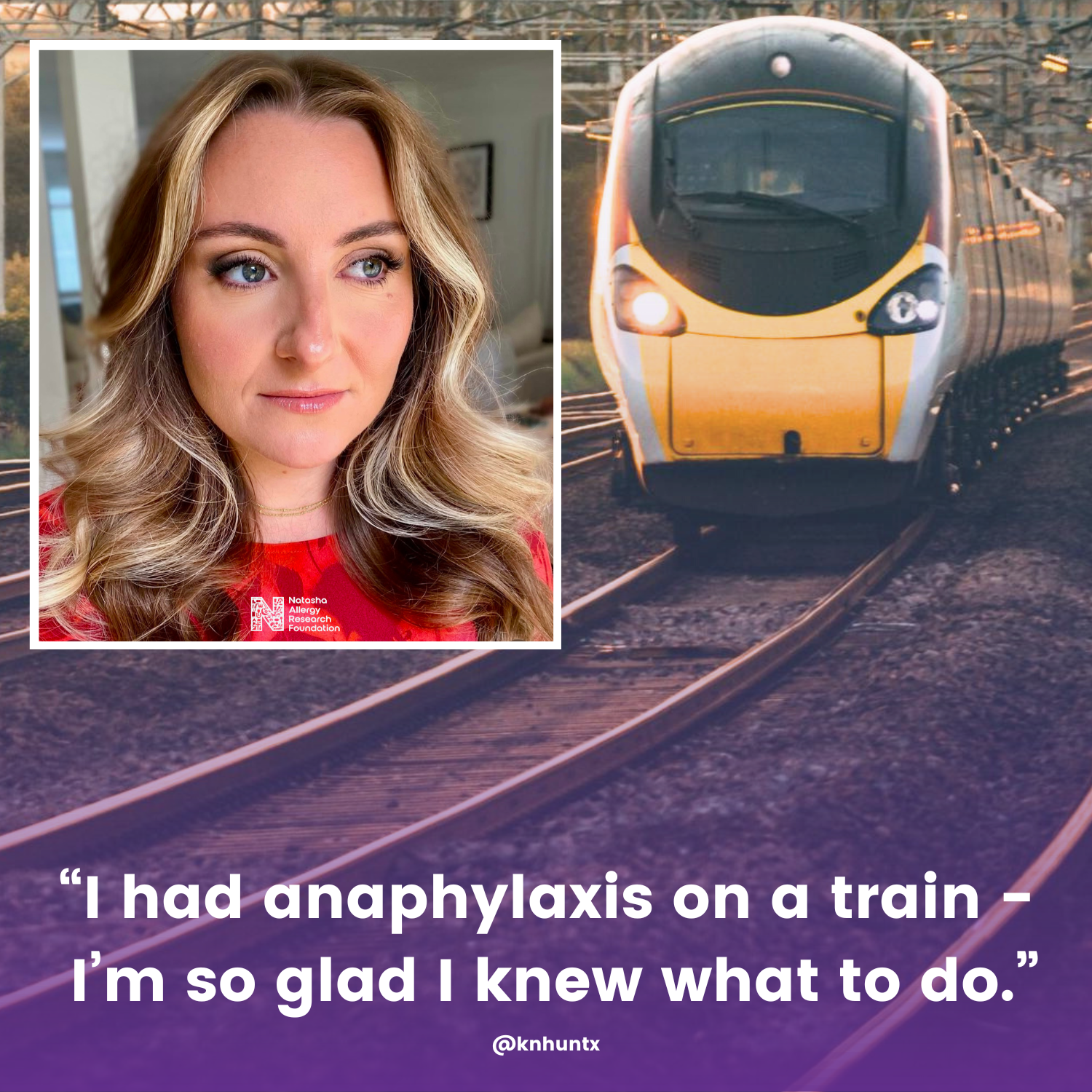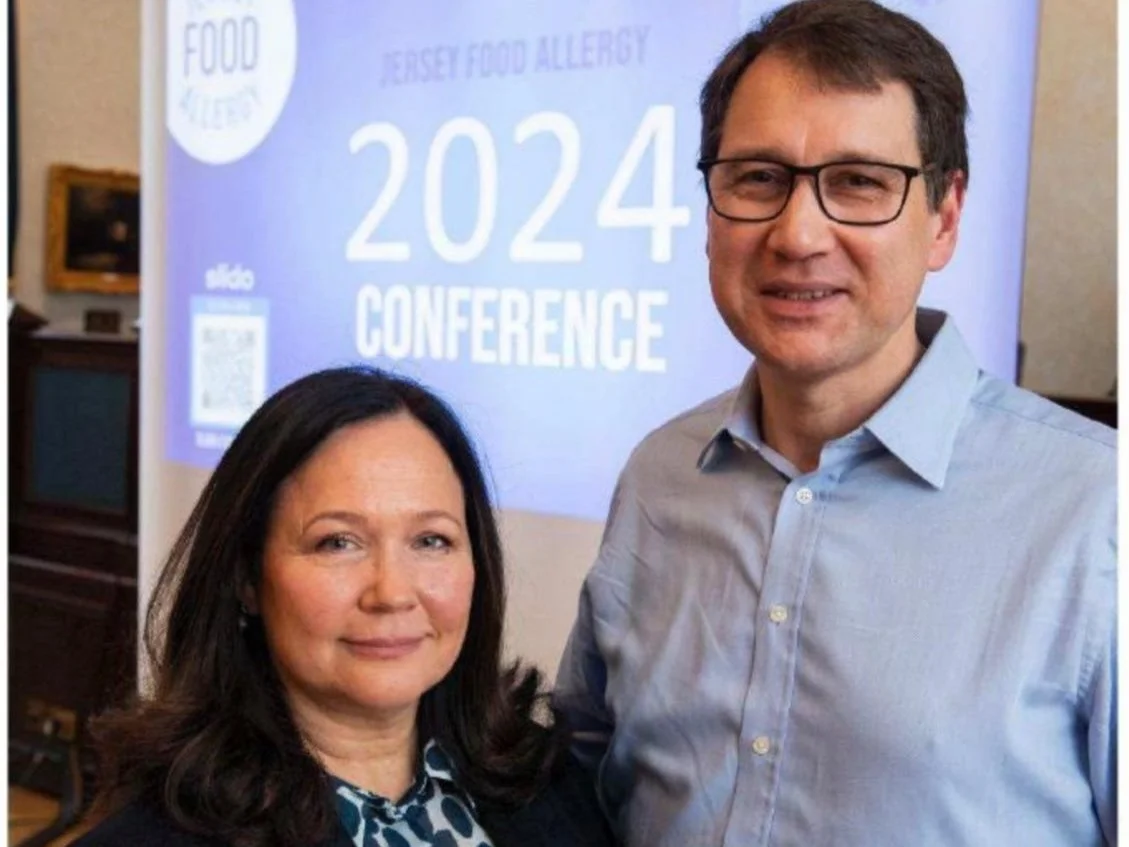What Support is Available at School for Children with Food Allergies?
We hear (too often) from parents and carers in our community, that they are worried their child with allergies isn't fully safe in school. Schools in the UK have the responsibility to ensure they are aware of all policies and safeguard their children with food allergies - of which every class will have on average at least one child. It may be reassuring to know where to find the information yourself so you are aware and can highlight it to professionals if needed. We can't fit everything into this article so we have linked to resources you can read for the full picture.
The Children and Families Act
The Children and Families Act states governing bodies of schools “must make arrangements for supporting pupils at the school with medical conditions” (this would include children with food allergies) so that they have full access to education and school trips. This is a legal requirement. They should request advice from medical professionals, teachers and the parents/carers to ensure they are able to provide this.
Allergy Action Plans
These are ‘Individual Healthcare Plans’ for children with food allergies, providing medical and parental consent for schools to administer medicines in the event of an allergic reaction. The child's medical professional should complete their health plan in partnership with the child, parents and the school, always with the child's best interests in mind. You can find out more and download an Allergy Action Plan from the BASCI here.
The school must ensure there is a named person responsible for staff training in allergy (including allergy emergencies) and that health plans are up to date. Ask your school who this is and ensure they are aware of your child's needs.
Spare Adrenaline Auto-Injectors (AAI'S) In Schools
Many children at risk of anaphylaxis are prescribed Adrenaline Auto-Injector (AAI) devices by their doctor, and should bring these to school. Since 2017, the Human Medicines (Amendment) Regulations have allowed schools to purchase their own supply of AAI's without a prescription. 20% of anaphylactic reactions in schools are in children with no prior history of food allergy which highlights how important it is for all schools to have spare AAI's in stock and be aware of how and when to use them. Schools do need to pay for them (approximately £35 each), however some Local Authorities will cover the cost for them. Guidance and a template letter the school can use to obtain them can be found on sparepensinschools.uk
Behaviour Policy
1 in 3 children with a food allergy has experienced bullying. Schools have a responsibility to have a ‘Behaviour Policy’ in place and staff, pupils and parents have a right to see this.
Section 3 of the Children Act 1989 puts a duty on the person caring for the child (for example school staff) to do all that is reasonable to keep them safe and well.
Administering Medication
School staff need sufficient and suitable training to support children with medical conditions. This is the responsibility of the school nursing services. A school nurse’s main responsibility here is to make sure enough staff are competently trained to look after children with allergies (including medical emergencies) and that the child is being supported properly. You can ask to speak to the School Nurse to find exactly how your child is being safeguarded in school.
It is a legal requirement under 'Supporting Pupils with Medical Conditions' guidance for schools to have insurance covering staff when supporting pupils with medical conditions - including administering AAI's. This means that all school staff can receive training and are able to administer AAI’s in the event of an emergency.
School Catering
All food businesses must follow the Food Information Regulations 2014, therefore information relating to the 'EU top 14 allergens' must be made available for all food served to the children.
Natasha's Law means that all foods made and packed on the same site, such as sandwiches, will have full ingredients labelling with allergens in bold.
Under the schools statutory duty to support students with medical conditions, school caterers must provide safe food options for those with food allergies. If the child is allergic to food outside the EU top 14 allergens list, the caterers do still need to provide them with a safe meal where possible. For further information on school catering guidance read The Allergen Management Guidance for Catering in Education
We hope this has been helpful to you and can be used to help you educate yourself and those caring for your child. If you have found a specific policy helpful during your child’s school journey, please get in touch so we can consider adding it to the list.
Page Updated 10th January 2022.










